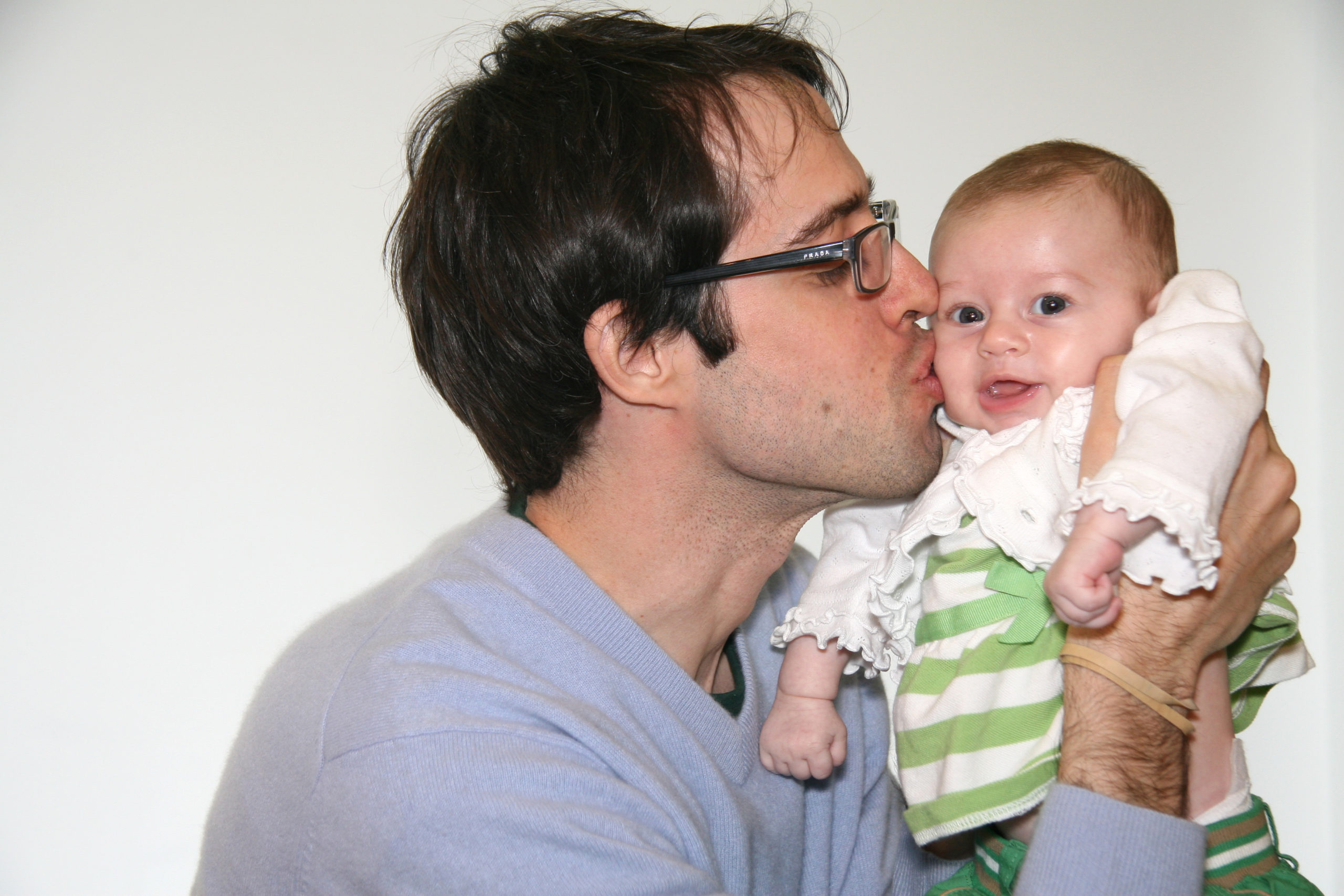
It is now 2020, and I’m tempted to make jokes about having “20/20 vision” for the future. Let’s pass up those jokes, and concentrate a little bit of what we learned in the past year. Across the United States, those of us who care for and about children have become increasingly attuned to the serious effects of trauma and deprivation on all people. Undoubtedly, we can, and should, do better in supporting young children and their families.
And we are making progress! Even in the face of a polarized political world, we are making progress for children. More and more states are offering policies that promote secure attachment for infants – chiefly, paid parental leave. This straightforward policy change reduces the economic stress of each baby by allowing working parents to continue to be paid during their parenting leave. At the end of 2019, the federal government joined in, promoting paid parental leave for its hundreds of thousands of employees. Now, it’s time to dig in to the nuts and bolts of the widespread implementation of this important change. Will policies and regulations allow families to take advantage of salary support, without losing other benefits? Will social norms develop that encourage parents to use this new benefit, and invest the time and energy in their new families? Paid parental leave exemplifies how public policy can support positive childhood experiences.


